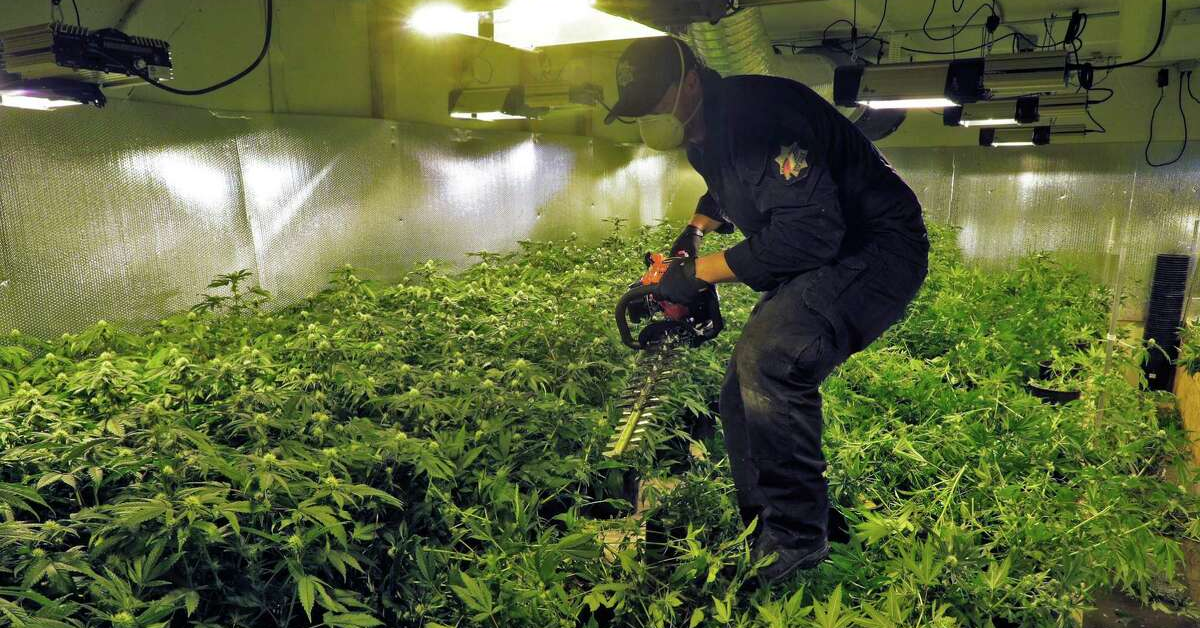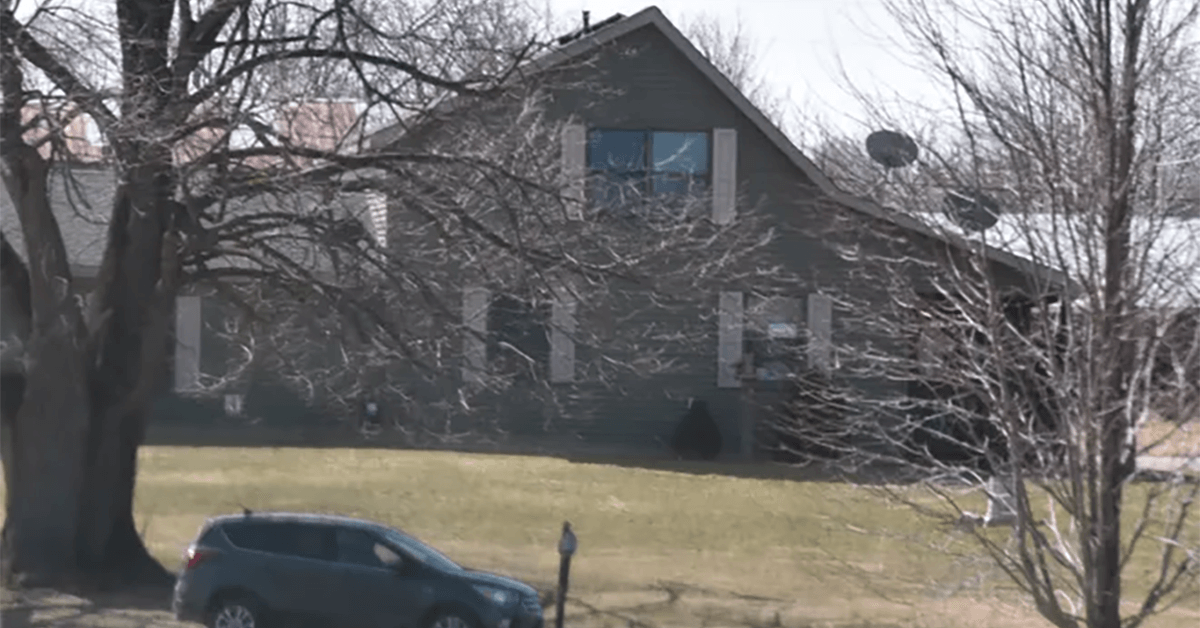A Closer Look at Regulatory Delays in Michigan’s Cannabis Industry

Michigan's regulatory body for cannabis, the Michigan Cannabis Regulatory Agency (CRA), is under the spotlight for alleged tardiness in addressing violations within the marijuana business sector. A comprehensive state audit has drawn attention to this delay, igniting concerns over the potential risks posed to consumers.
Audit Findings
The Office of the Auditor General, in its review, found that the CRA can take up to two years to implement disciplinary actions against defaulters. This delay is concerning, as timely interventions by the CRA can help mitigate potential risks to cannabis consumers in Michigan and prevent future violations by licensees.
Delving into the details, the audit scrutinized the CRA's approach towards 678 complaints from April 1st, 2021, to September 30th, 2022. The findings were revealing. On average, it took the agency 196 days to discipline businesses cited in 123 of these complaints. The most prolonged disciplinary process extended up to 757 days. The nature of these complaints spanned various segments of the cannabis industry - from production and sales to operations and security.
While the CRA has made some improvements to the complaint process within its jurisdiction and has claimed to prioritize consumer safety-related complaints, the report indicates there's much left to be desired.
In-depth Analysis of Official Findings
The CRA's mandate, as outlined by Sections 333.27303 and 333.27957 of the Michigan Compiled Laws, is clear. It's responsible for taking corrective actions against any infractions and imposing requisite fines or sanctions against violators of marijuana laws.
The standard procedure post any violation report is systematic. After an internal investigation, the CRA issues a formal complaint to the concerned business, detailing the violations and the impending disciplinary actions. At this stage, businesses have the right to contest the complaint. If they choose this route, other state agencies get involved, and the CRA loses control over scheduling these hearings. Post these hearings, a final order specifying the disciplinary action by the CRA is issued.
While the process seems straightforward, the figures tell a different story. Of the 678 formal complaints, only 14% of the completed and 7% of the ongoing complaints seemed to involve a contested hearing. Despite this, the delay in action remains significant. The CRA cited staffing shortages as a significant hindrance in managing the inflow of disciplinary cases during the audit period. To address this, post-audit, the CRA has set metrics to expedite the disciplinary process.
Furthermore, another area of concern is the timely inspections of medical and adult-use marijuana facilities. CRA's inspections are designed to ensure the safe and compliant operations of these facilities, from pre-licensure inspections to post-licensure and periodic checks. These checks help affirm the correct operations of facilities, ensuring the right safety and operational standards, and preventing sales to those under 21. However, between April 1st, 2021, and September 30th, 2022, there were significant delays in these inspections.
Lastly, an urgent need was identified for the CRA and the Department of Licensing and Regulatory Affairs (LARA) to improve security and access controls over their systems, Accela and Metrc. This is crucial to prevent unauthorized data access and ensure marijuana facility and patient data protection.
Conclusion
The state audit has thrown a spotlight on significant areas needing improvement within Michigan's cannabis regulatory framework. While the CRA has recognized some of these issues and is working towards addressing them, it's clear that more robust and timely interventions are necessary to ensure the safety and interests of Michigan's cannabis consumers.
Share this article:
Spotted a typo, grammatical error, or a factual inaccuracy? Let us know - we're committed to correcting errors swiftly and accurately!








 Helpful Links
Helpful Links